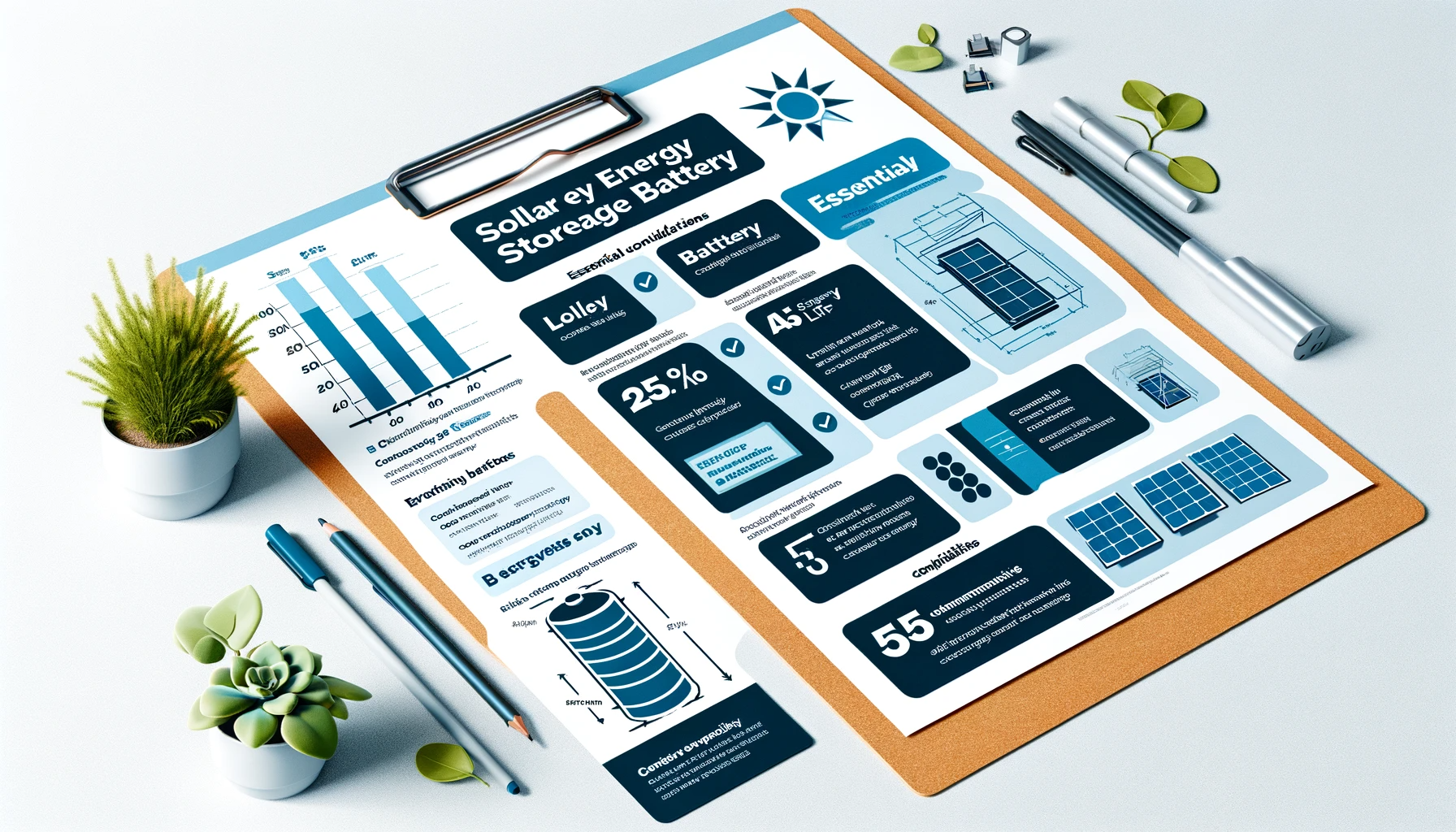How to Purchase the Best Solar Energy Storage System
 Dec 20,2023
Dec 20,2023

 Basen
Basen
Navigating the World of Solar Energy Storage
As the demand for sustainable energy solutions grows, so does the interest in solar energy storage systems. These systems are essential for maximizing the benefits of solar panels, ensuring a reliable power supply even when the sun isn't shining. In this blog, we'll guide you through the key considerations for purchasing the best solar energy storage system for your needs.
Understanding Your Energy Needs
Before diving into the market, it's crucial to understand your energy needs. Assess your daily energy consumption and consider the following:
- Peak Energy Usage: Identify the times when you use the most energy.
- Energy Goals: Determine whether you want to go off-grid or simply reduce your reliance on the grid.
Types of Solar Batteries
There are several types of solar batteries, each with its pros and cons:
- Lead-Acid: Affordable but with a shorter lifespan and lower efficiency.
- Lithium-Ion: More expensive but offers a longer lifespan, higher efficiency, and compact size.
- Saltwater Batteries: An environmentally friendly option but less common and with different performance metrics.

Battery Capacity and Power Rating
Two key specifications to consider are:
- Capacity: Measured in kilowatt-hours (kWh), it indicates how much energy the battery can store.
- Power Rating: Measured in kilowatts (kW), it shows how much power the battery can deliver at any moment.
Depth of Discharge (DoD) and Round-Trip Efficiency
- DoD: It's the percentage of the battery that has been discharged relative to the overall capacity. Higher DoD means more usable energy.
- Round-Trip Efficiency: Represents how much energy put into the battery can actually be used. Higher efficiency means more economic operation.
Warranty and Longevity
Check the warranty and expected lifespan of the battery. A longer warranty period usually indicates a more reliable and durable product.
Compatibility and Scalability
Ensure the battery is compatible with your existing solar panel system. Also, consider whether the system can be scaled up in the future if needed.
Cost and Incentives
Consider the initial cost, including installation, and ongoing maintenance costs. Also, research any government incentives or rebates available in your area.
Choosing the Right Vendor
Select a vendor with a good reputation, customer service, and after-sales support. Look for reviews and testimonials from other customers.
Installation and Maintenance
Professional installation is key to ensuring safety and efficiency. Understand the maintenance requirements to keep the system running optimally.
Conclusion: A Sustainable Investment
Purchasing a solar energy storage system is a significant but sustainable investment. By considering your energy needs, understanding the technical specifications, and choosing the right product and vendor, you can ensure a reliable and efficient solar energy storage solution that suits your lifestyle and contributes to a greener future.








 HOME
HOME Navigating the Battery Industry in 2023: Key Takeaways and Growth in Battery Technology
Navigating the Battery Industry in 2023: Key Takeaways and Growth in Battery Technology  You May Also Like
You May Also Like

 Tel
Tel
 Email
Email
 Address
Address